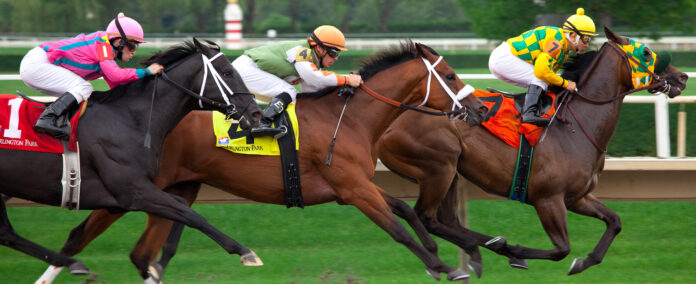Caring
Caring is Sympathy and Understanding: The successful leader must be in sympathy with his followers. Moreover, he must understand them and their problems. See more at the Art of feedback
Caring is having a pleasurable personality. No slovenly, careless person can become a successful leader. Leadership calls for respect. Followers will not respect a leader who does not score highly on all factors of a pleasing personality. Leading the list is being slow to criticize. If you must always join sides with understanding before the criticism. Other notable traits are a warm handshake, vocal variety, an erect posture, strong positive vibration of thought, stylish body adornment, and taste in clothes and jewelry.
Your followers are paying close attention to your body language. Analyze your entire appearance. They ask internal questions like, Do they look like winners or losers? What is their handshake like? Do they appear nervous? Are they interested in what you have to say?
Caring is cooperation but not treating everyone the same. Caring is giving each person what they need when they need it in the required context. It is making the job slightly challenging so that team members can develop their mastery. Caring is giving options and choices to team members.
The successful leader must understand and apply the principle of unique growth yet cooperative effort and be able to induce his followers to do the same. Leadership calls for power, and power calls for cooperation. you cannot reap the fruits of collaboration while operating with the paradigm of competition.
Character
Character is having A Keen Sense of Justice: Without a sense of fairness and justice, no leader can command and retain the respect of his followers.
Character is sharing the spotlight. It is about giving each person their voice and a spotlight to be heard so they too can share the sense of purpose. Sometimes circumstances give you more spotlight, but conditions change with the ebb and flow of life. Life will ask that you relinquish some, and it is OK to give up some of your status for the cohesive team.
Character requires Self-Control: The leader who cannot control himself can never control others. Self-control sets a powerful example for followers.
Character is Unwavering Courage: Based on knowledge of self and one’s occupation. No follower wishes to be dominated by a leader who lacks self-confidence and courage.
Character is the Habit of Doing More Than Paid For: One of the penalties of leadership is the necessity of willingness, upon the part of the leader, to do more than he requires of his followers.
Character is the Willingness to Assume Full Responsibility: The successful leader must be willing to assume responsibility for his followers’ mistakes and shortcomings. If he tries to shift this responsibility, he will not remain the leader. If one of his followers makes a mistake and shows himself incompetent, the leader must consider that it is he who failed.
Competency
Competency is Definiteness of Decision: The man who wavers in his decisions shows that he is not sure of himself and cannot lead others successfully.
Competency is Definiteness of Plans: The successful leader must plan his work and work his plan. A leader who moves by guesswork, without practical, definite plans, is comparable to a ship without a rudder.
Competency is Mastery of Detail: Successful leadership calls for mastery of details of the leader’s position.
Competency is light on the rein’s touch unless needed: A leader and culture creator must be like a jockey. Most jockeys are physically light by stature, maybe 100 pounds. The best jockey is light on the rein’s touch unless needed. This comes from mastery of details and sound decisions, so you must be a manager or leader. Angel investors will invest in a horse, track, or jockey. First, bet on the jockey, then the horse, but the holy grail is a talented jockey and fast horse (on its ideal track condition).
A racehorse can cause chaos in the hierarchy – Stephen Choo Quan











